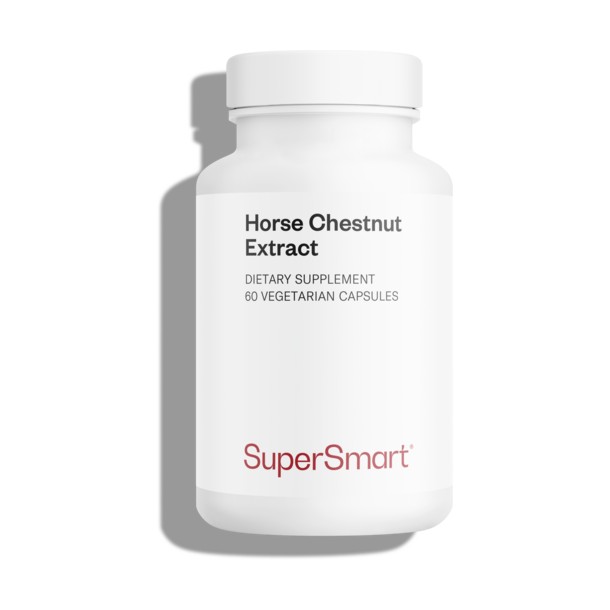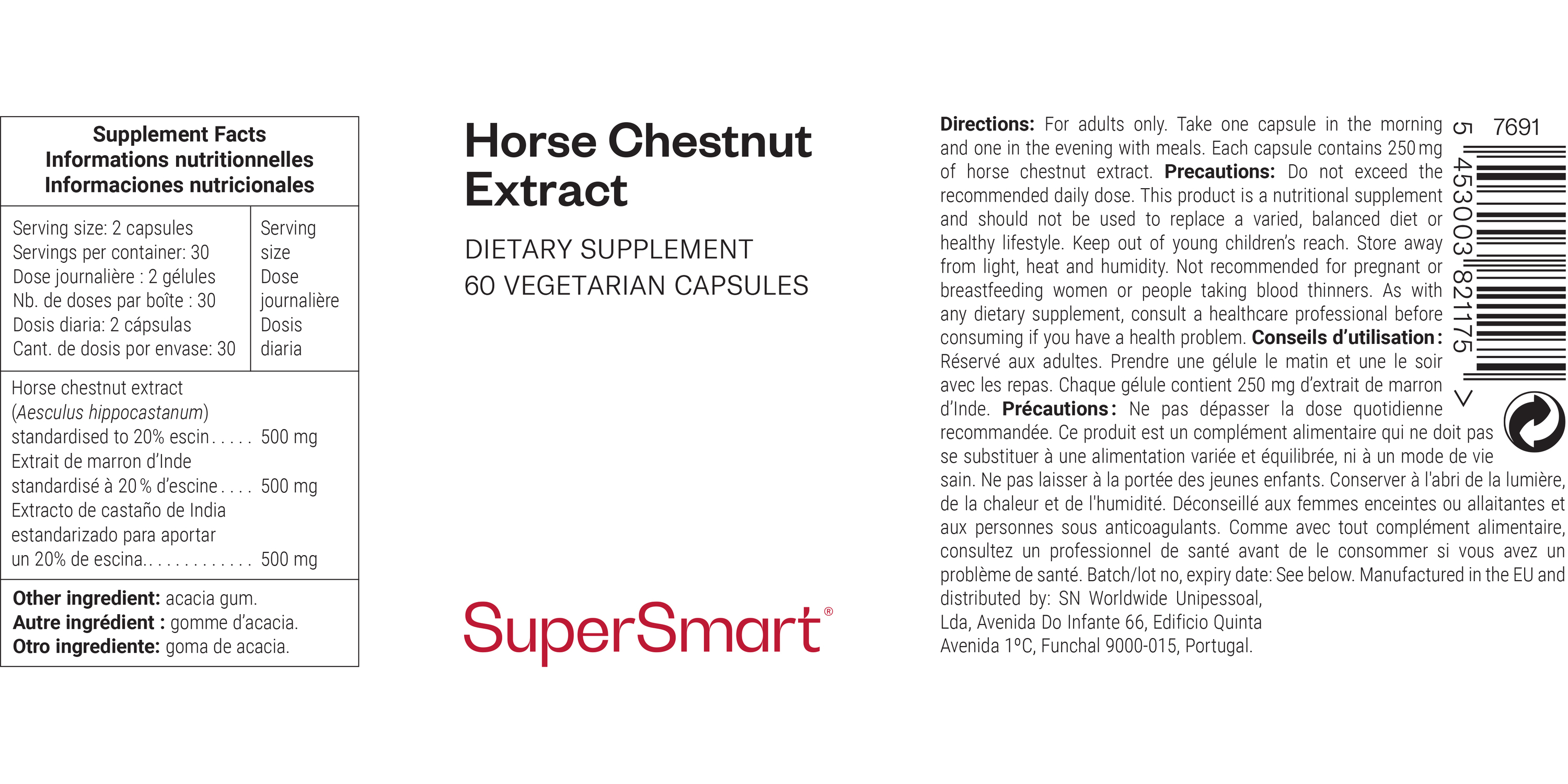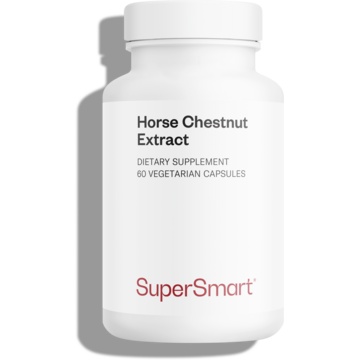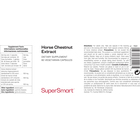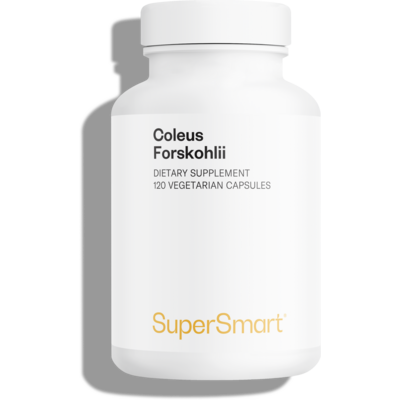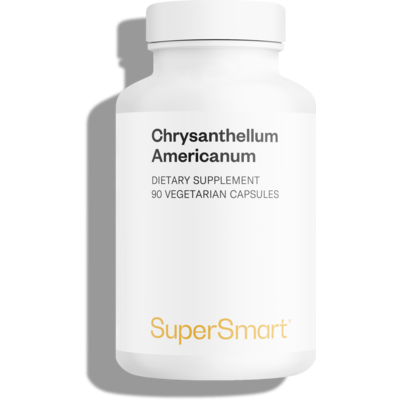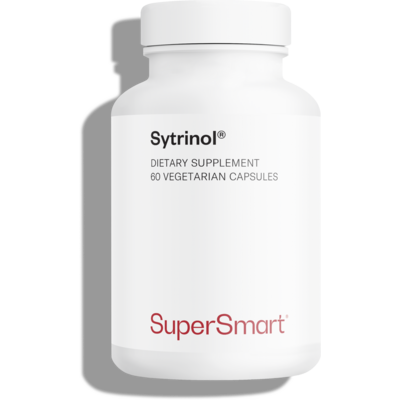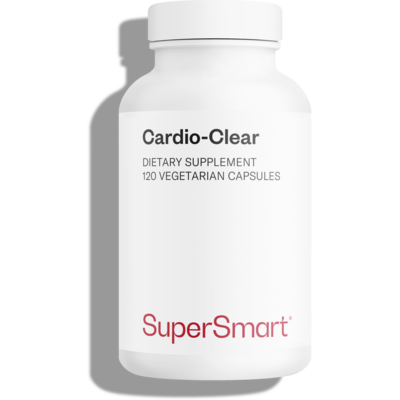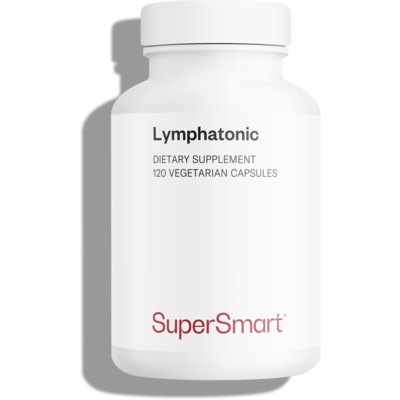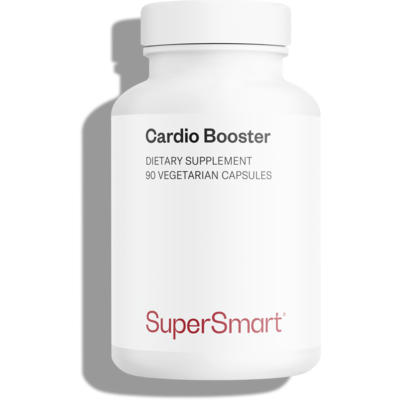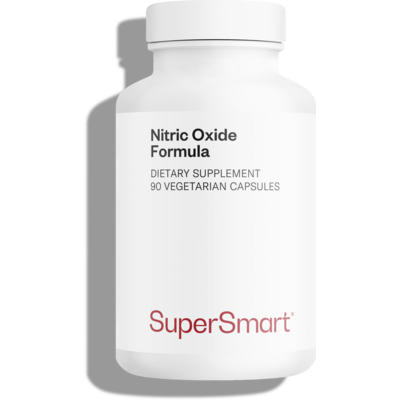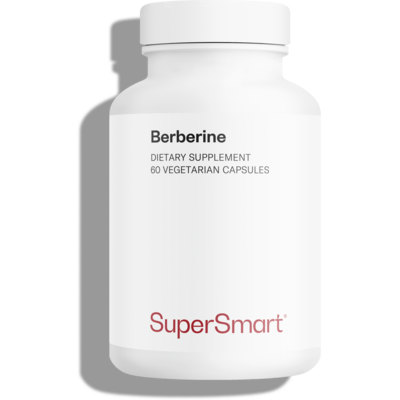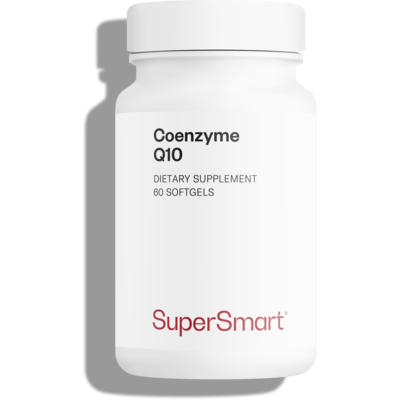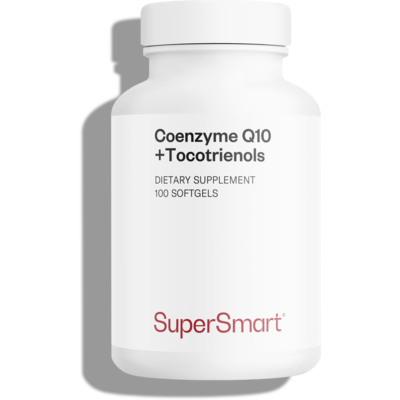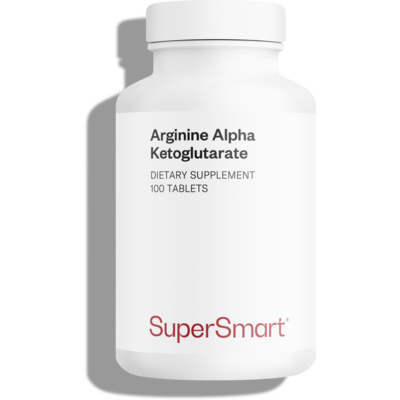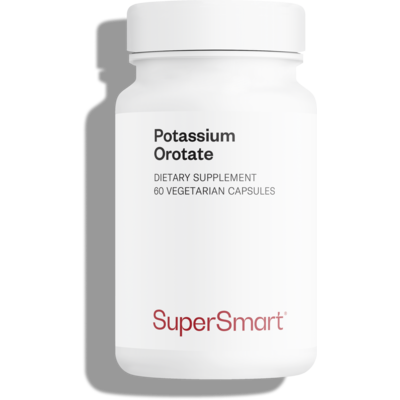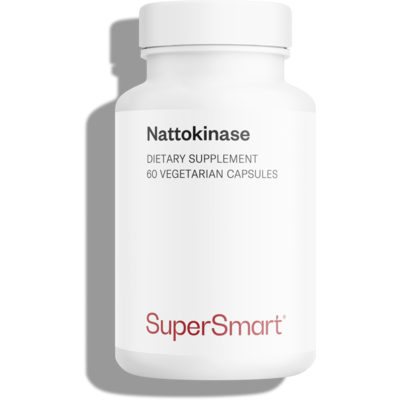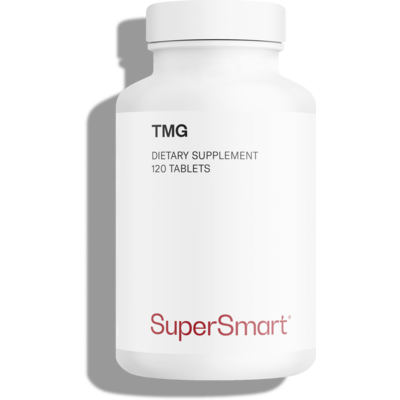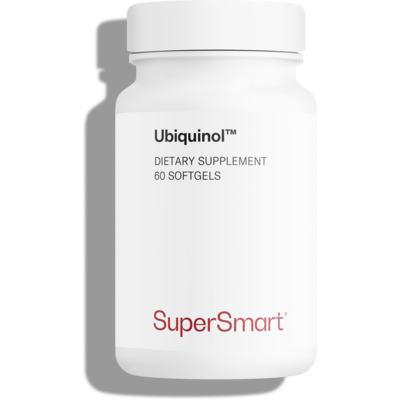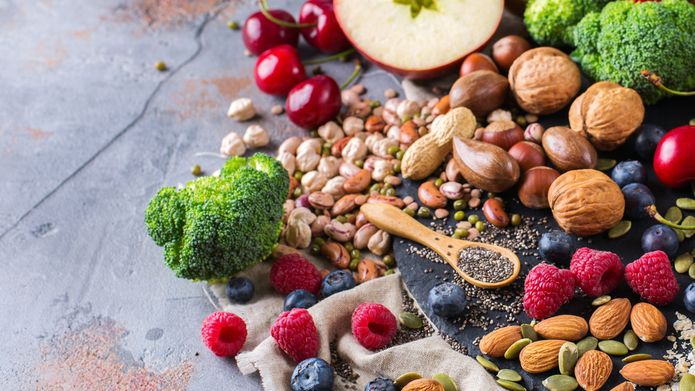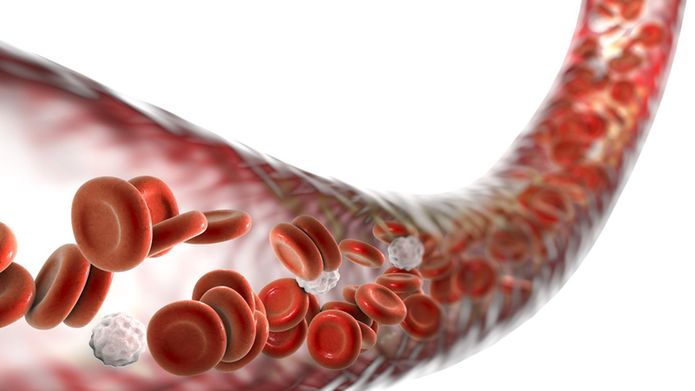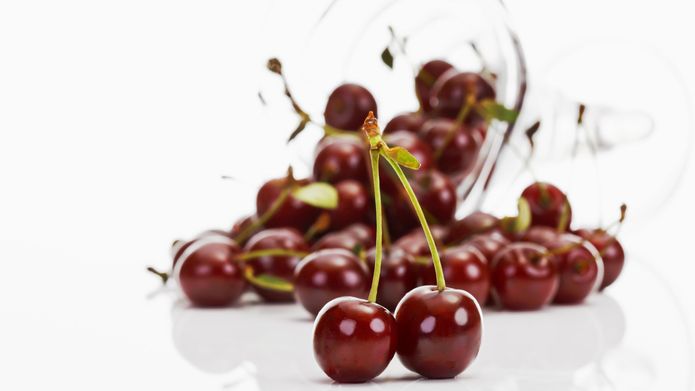Limited quantity
Horse Chestnut Extract
Horse Chestnut Extract Supplement for Better Leg Circulation
Create Your Offer
Horse Chestnut Extract is a natural venotonic supplement based on horse chestnut. Thanks to its exceptional richness in escine (normalization at 20% against 3 to 6% on average), it contributes to improved blood circulation and helps reduce the circumference of the legs.
Who should take Horse Chestnut Extract?
Horse chestnut extract is for anyone who suffers, either regularly or occasionally, from the following symptoms:
- Sensation of heavy legs;
- Pain in the legs or feet;
- Swollen calves or thighs (especially in the evening);
- Day or night cramps;
- Itching of the lower limbs;
- Frequent edema;
- Pins and needles in the legs ;
- Recurrent tingling.
It is estimated that 25% of women, and around 10 to 15% of men are regularly affected by at least one of these symptoms.
What is Horse Chestnut?
The horse chestnut tree which bears the fruit originated in the Balkans (especially in Bulgaria and Albania) is now found throughout Europe.
Traditionally, the whole seed was used (and sometimes even the leaves and bark), but since it was discovered that it contained an anticoagulant called aesculin, producers of natural extracts are required to remove this molecule.
However, Horse Chestnut Extract's content of the active substance aescin has been increased as it is responsible for the supplement's beneficial effects on circulation. Our supplement also contains other active compounds responsible for its synergistic effect:
- Flavonoids (particularly quercetol and kaempferol), which give the horse chestnut fruit its pigmentation (1);
- Saponosides (the most active principles of which are aescin and b-aescin);
- Tannins;
- Coumarins;
- Essential oils;
- Proteins (globulin and hippocastanin);
- Polysaccharides.
Horse chestnuts are often confused with chestnuts because they are morphologically very similar.
What is Venous Insufficiency?
Venous insufficiency is characterized by changes to the vein wall (leading to the development of varicose veins), hormonal fluctuations (resulting in increased elasticity of the vein wall), and dysfunctional valves.
It manifests in poor blood flow in the veins. It is mainly the legs that are affected – they become heavy, painful, and swollen as blood accumulates. It eventually leads to the permanent formation of unsightly varicosities: damaged veins that are blueish, twisted, and prominent.
Horse Chestnut Benefits
The horse chestnut extract supplement has several health benefits relating to the veins, according to a variety of sources. Studies have shown that aescin has anti-inflammatory properties that provide an added layer of protection for the cells lining the veins. These same studies have indicated that aescin within horse chestnut seed extract could further improve vein tone and allow for more powerful contractions.
Chronic Venous Insufficiency
Chronic venous insufficiency occurs when the valves within the veins fail to work correctly, meaning the veins are unable to transport blood as effectively. Using horse chestnut for circulation could improve the tone of the veins, thus enabling them to better pump blood back into the heart.
These horse chestnut capsules benefits were supported in a 2015 review article that revealed it is both a safe and tolerable treatment option for this condition. In terms of circulatory issues, horse chestnut extract is among the recommended supplements for poor leg circulation.
Horse Chestnut Supplement for Hemorrhoids
Along with being one of the most highly effective blood circulation supplements, some evidence has shown that a horse chestnut supplements may be effective at addressing hemorrhoids for the same reasons as why horse chestnut leg vein treatments work
However, more research is necessary to find out exactly how effective our horse chestnut extract supplement is for treating hemorrhoids.
Horse Chestnut Extract Benefits for Male Infertility
The National Center for Complementary and Integrative Health (NICCH) has reported that research into using horse chestnut capsules to treat male infertility caused by varicocele is ongoing. This relatively common condition is caused by inflamed veins within the scrotum.
Further research could mean that horse chestnut capsules become an effective treatment for debilitating male infertility conditions.
Other Horse Chestnut Benefits
Deciding to buy horse chestnut extract offers several potential health benefits. Other benefits of the horse chestnut supplement are also being studied. Some of the other conditions it could treat, as well as other beneficial characteristics, include:
- Potent anti-inflammatory properties;
- May act as an antioxidant;
Evaluating the side effects of horse chestnut and comparing them with horse chestnut extract benefits indicate that this could be one of the best supplements for horse chestnut leg veins treatment, as well as for general health.
How can a Supplement for Poor Leg Circulation help with Blood Flow?
The aescin it contains maintains the permeability and tone of the vein wall (venotonic effect) (2), which helps blood return to the heart, particularly in the superficial capillary vessels (3).
These effects are due to three distinct mechanisms:
- Increasing levels of the energy molecule ATP (decreased levels of which are associated with venous insufficiency).
- Reducing the activity of phospholipase A2, an enzyme which releases inflammatory mediators in blood vessels (4).
- Also reducing adherence of neutrophils (immune cells which are immobilized and aggregate on the inner surface of blood vessels) and inhibiting the activity of an enzyme which breaks down capillary walls (5).
A number of studies have shown additional effects for aescin:
- Anti-inflammatory (activation of leukocytes);
- Antioxidant (increases in reduced glutathione) (6);
- Anti-hemorrhoidal.
What does Science Have to Say About Horse Chestnut?
A very large number of trials have been conducted on horse chestnut in people with venous insufficiency. These trials have:
- Demonstrated alleviation of leg pain and edema in individuals supplementing with 300 mg of horse chestnut extract (7).
- Showed a decrease in leg volume with the same type of supplement (8-9).
- Showed aescin to have a similar effect to that of compression stockings (10).
- Demonstrated positive effects for aescin and pycnogenol (a molecule found in French maritime pine bark) on venous insufficiency (11).
Frequently Asked Questions
Are there any known side effects of horse chestnut?
Horse chestnuts are sometimes described as poisonous. This is because of a toxin called aesculoside which has been carefully removed from the supplement Horse Chestnut Extract.
Apart from this, the only other change is the increase in aescin, a thoroughly well-tolerated molecule.
What other measures can be combined with horst chestnut supplementation?
If you suffer from circulation problems, particularly in the legs, it is important to be aware of risk factors to avoid and positive steps to take to boost the action of venotonics:
Factors to avoid:
- Wearing anything too tight on your legs or around the abdomen;
- Sitting with your legs crossed;
- Prolonged standing;
- Excess abdominal weight;
- Wearing unsuitable shoes (very high heels);
- Very high temperatures;
- Engaging in intense sports (such as volleyball, handball, or football).
Measures to adopt:
- Regularly stand on your tiptoes;
- Keep flexing your feet when sitting for prolonged periods;
- Wear special orthopedic insoles;
- Take a cool shower at the end of the day, beginning at the ankles and moving up to the thighs;
- Engage in regular, gentle exercise, such as walking, swimming, or gymnastics;
- Wear compression socks or stockings: they help stimulate venous return and prevent blood from pooling;
- Eat a diet high in plant fibers (fruits and vegetables).
Can Horse Chestnut Extract be combined with any other supplements?
Horse Chestnut Extract combines well with other natural venotonics such as Lympathonic, a sweet clover extract with a high coumarin content, and VeinoMax, a natural formulation containing several plant extracts, good for circulation problems.
Note: This product should not be used as a substitute for a varied, balanced diet and a healthy lifestyle. It is important to follow the directions for use, the recommended daily dose, and the ‘use-by' date. It is not recommended for women who are pregnant or breastfeeding, or for children under 15. Keep out of reach of young children. Store in a cool, dry place.
WARNINGS
Do not exceed the recommended daily dose. This product is a nutritional supplement and should not be used as a substitute for a varied and balanced diet or a healthy lifestyle.
STORAGE
Store in a cool, dry place away from direct sunlight, heat, and humidity. Keep out of reach of children.
PREGNANCY AND MEDICAL CONDITIONS
If you are pregnant, breastfeeding, or have any medical conditions, consult your healthcare provider before using this product.
SUPPLEMENT INTERACTIONS
Consult your healthcare provider before use, especially if you are taking any medications or other supplements as there may be potential interactions.
january 26 2025
I am curious about its heart health benefits
november 11 2024
very interesting for edema. I will buy again.
may 3 2024
I've been pleased with SuperSmart so far. Deliveries are tracked, and are fast
Need Help?
Phone Number
+1 (786) 522-3907
From 9 am to 6 pm (EST)
Email Address
You May Also Like

